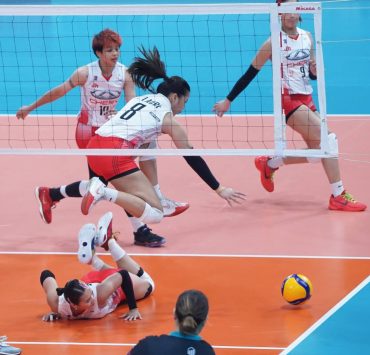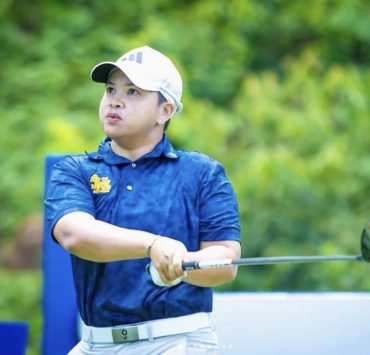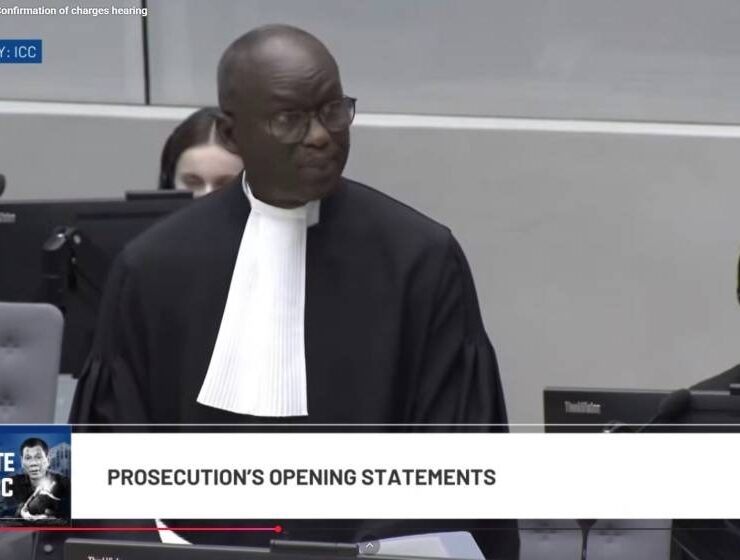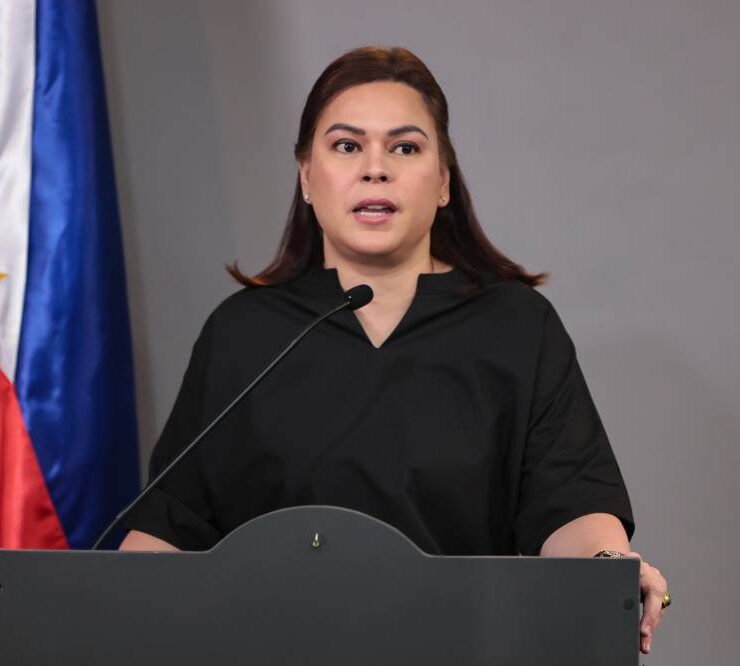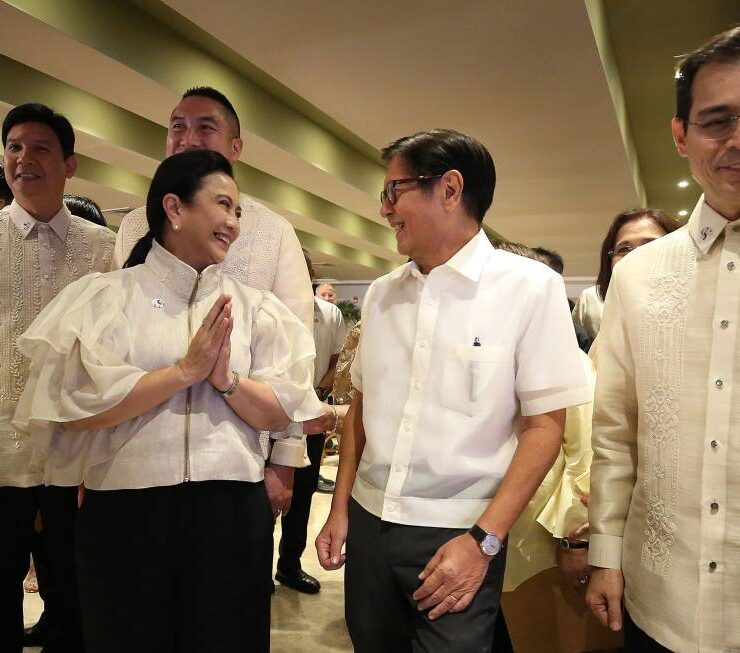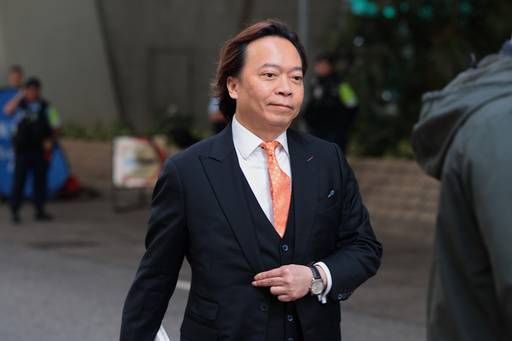DOJ warning: Cops who will help ICC face raps, ax
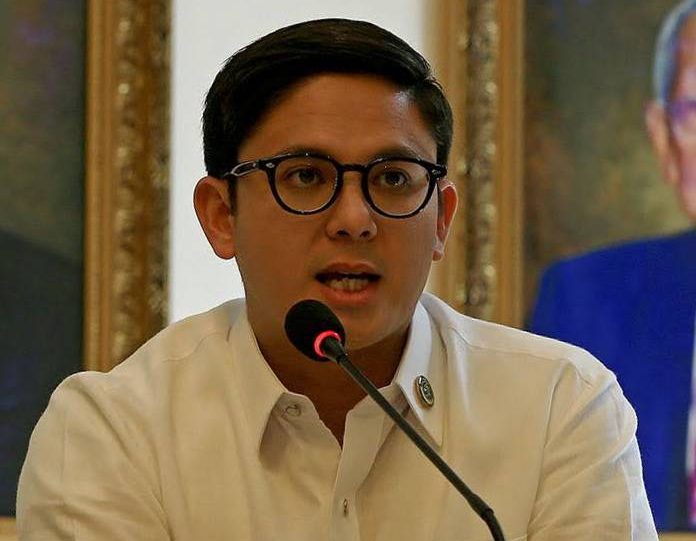
If they really go against the President’s wishes or directive not to cooperate, and they cooperate with the ICC, then that could fall under gross neglect of duty or disobedience to authority Police officers and government officials who will cooperate with the International Criminal Court (ICC) in its investigation of the Duterte drug war will face administrative charges and possible dismissal from the service, the Department of Justice (DOJ) said on Thursday.
DOJ spokesperson and Justice Assistant Secretary Jose Dominic Clavano IV issued the warning a day after former Sen. Antonio Trillanes reported that ICC investigators had recently reached out to more than 50 active and former members of the Philippine National Police regarding their role in the brutal antidrug campaign of former President Rodrigo Duterte.‘Against President’s wishes’Trillanes, who monitors the investigation as a staunch Duterte critic and as one of the complaining parties, said on Wednesday that the “direct communication” between the ICC and the PNP officers happened in the past weeks mainly to give the law enforcers a chance to give their side and “exonerate themselves.”
But Clavano maintained that state personnel helping or participating in the ICC probe at this point, with the Philippines no longer a member of The Hague-based tribunal since March 2019, would go against government policy and “the President’s wishes.”
“(W)hen a government official is coordinating with the ICC against the direction, orders and policy of the government, (there may) be accountability involved. If there’s any law enforcement or government official who goes against the policies and orders of the authorities in position, then obviously there will be some sort of conflict of interest.”
“If they really go against the President’s wishes or directive not to cooperate, and they cooperate with the ICC, then that could fall under gross neglect of duty or disobedience to authority,” Clavano said.
On retired officers
They may be held liable for violating the Code of Conduct and Ethical Standards for Public Officials and Employees, he added. “These are ethical guidelines followed by all public officials and obviously, if you go against the policy, the liabilities will be found under those provisions.” “It’s possible that they may be removed (from the service) if they cooperate with the ICC because the government’s stance is very clear and consistent: the President said we don’t recognize (the ICC’s) authority here.”
The government will also not recognize any result coming out of the reported communication between the ICC investigators with the PNP personnel, he added.
But Clavano conceded that in the case of retired police or government officials, the government may not have any ground to stop them since they are no longer bound by civil service rules.
Consistent
“If they are acting in their civilian capacity or personal capacity, then of course, we have little to hold over them. However, again, we will not recognize anything that will come out of that coordination or coordination with them,” he said.
Clavano said the DOJ had not received any information to confirm what Trillanes had revealed.
“We’ve been consistent from the very start that we have a working justice system here in the Philippines, as evidenced by a lot of different cases and reforms that we have been undertaking. The commitment has been stronger to prevent, and to hold responsible and accountable these erring law enforcement officers who engaged in these heinous crimes of extrajudicial killings,” Clavano said.
Travel restrictions
According to Trillanes, the PNP officers contacted by the ICC would be “elevated to being suspects” in the investigation should they ignore the communication or leave the allegations against them unopposed.
As suspects, they would be subject to travel restrictions and may eventually face arrest by the Interpol, he added.
The ICC investigation centers on the allegation that the police operations and vigilante-style attacks that claimed thousands of lives under Duterte’s antidrug campaign were tantamount to crimes against humanity. INQ














